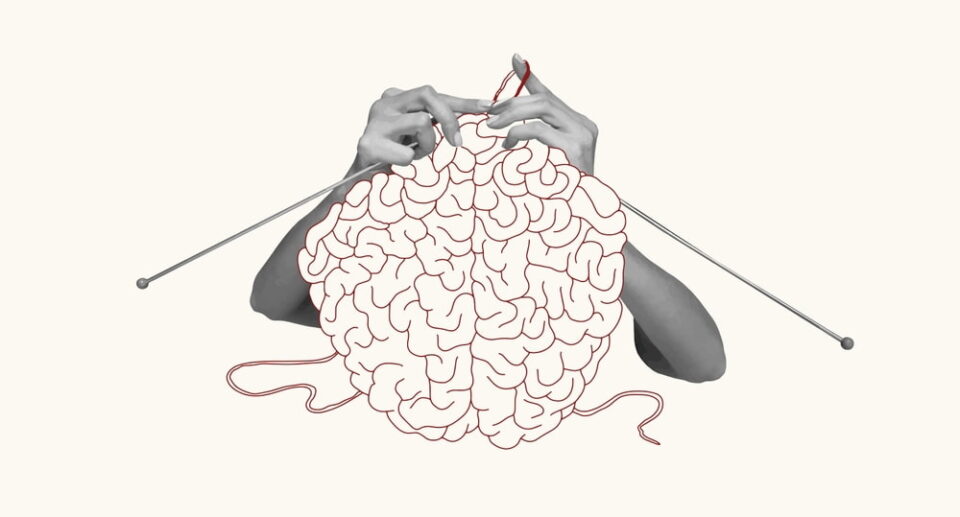How to improve mental health naturally


Mental health is as important as physical health, yet it often takes a backseat in our busy lives. With increasing workloads and personal responsibilities, many find it challenging to focus on their mental wellness. Fortunately, there are natural ways to improve mental health, boost mood, and reduce anxiety, even for the busiest individuals.
This guide will share simple mental health tips and strategies that can easily fit into a busy schedule. Whether you work, study, or care for a family, these practical tips will help you find balance and improve your mental clarity.


Why Mental Health Matters
Mental health affects how we think, feel, and act. It influences our ability to deal with stress, connect with others, and make decisions. The World Health Organization reports that more than 450 million people around the world have mental health issues, making it a major cause of disability.
Ignoring mental health can lead to:
- Increased stress levels
- Reduced productivity
- Poor physical health
- Strained relationships
By prioritizing mental wellness, you can achieve a happier, more balanced life.


Recognizing the Signs of Poor Mental Health
Many people ignore early warning signs of mental health struggles. Common symptoms include:
- Persistent fatigue: Feeling tired despite adequate sleep.
- Irritability: Becoming easily frustrated or annoyed.
- Difficulty concentrating: Struggling to focus on tasks.
- Sleep disturbances: Trouble falling or staying asleep.
- Loss of interest: Feeling disconnected from activities once enjoyed.
If you identify with these symptoms, it’s time to prioritize your mental health.
Natural Ways to Improve Mental Health


1. Prioritize Sleep
Sleep is the cornerstone of mental and physical health. Poor sleep can exacerbate anxiety and depression.
How to Improve Sleep Quality Naturally
- Stick to a schedule: Go to bed and wake up at the same time daily.
- Create a sleep-friendly environment: Use blackout curtains and maintain a cool room temperature.
- Limit screen time: Avoid screens at least an hour before bed to reduce blue light exposure.
Example: Sarah, a marketing manager, found that switching to a consistent sleep schedule improved her focus and reduced her anxiety levels.


2. Practice Mindfulness and Meditation
Mindfulness is all about being in the moment and appreciating it without any judgment. It can be a fantastic way to help reduce stress and boost your happiness. Give it a try—you might just love how it makes you feel!
Steps to Start Mindfulness
- Spend 5 minutes each morning focusing on your breath.
- Use apps like Headspace or Calm for guided meditations.
- Practice gratitude by writing down three things you’re thankful for daily.
Example: Ravi, a college student, managed to reduce exam stress through daily 10-minute meditation sessions.


3. Exercise Regularly
Physical activity releases endorphins, the body’s natural mood boosters. Regular exercise can:
- Alleviate symptoms of depression.
- Enhance the quality of your sleep.
- Enhance the quality of your sleep.
Quick Fitness Tips for Busy People
- Take short walks during lunch breaks.
- Try 10-minute HIIT workouts at home.
- Use stairs instead of elevators.
Example: Maria, a mother of two, incorporated 15-minute yoga sessions into her day, significantly improving her mental wellness.


4. Eat a Balanced Diet
Nutrition plays a critical role in mental health. Foods rich in omega-3 fatty acids, vitamins, and minerals support brain function.
Best Foods for Mental Health
- Fatty fish like salmon and tuna
- Leafy greens like spinach and kale
- Nuts and seeds, especially walnuts and flaxseeds
- Dark chocolate (in moderation)
Example: John, a software engineer, noticed improved focus and reduced mood swings after adding more vegetables and omega-3-rich foods to his diet.


5. Connect with Loved Ones
Human connections are vital for mental wellness. Engaging with friends and family can:
- Reduce feelings of loneliness
- Provide emotional support
- Improve overall happiness
How to Stay Connected
- Schedule weekly calls with loved ones.
- Join community groups or online forums.
- Spend quality time with family over meals.
Example: Emily, a teacher, overcame feelings of isolation by joining a local book club.


6. Limit Caffeine and Alcohol
While caffeine can provide a temporary energy boost, excessive consumption may lead to anxiety and sleep disturbances. Similarly, alcohol can worsen depressive symptoms.
Tips to Reduce Intake
- Switch to herbal teas or decaffeinated options.
- Set a limit on daily caffeine and alcohol consumption.
Example: Daniel, a busy entrepreneur, felt calmer and more focused after replacing coffee with green tea.


7. Engage in Hobbies
Hobbies provide a creative outlet and reduce stress. Whether it’s painting, gardening, or playing an instrument, dedicating time to enjoyable activities boosts mood.
Example: Priya, an accountant, found solace in painting after work, which helped her unwind and reduce anxiety.


8. Seek Natural Remedies for Stress
Certain herbs and supplements can support mental health. Popular options include:
- Ashwagandha: Reduces stress and anxiety.
- Chamomile: Promotes relaxation.
- St. John’s Wort: Helps with mild depression.
Consult a Professional
Always consult a healthcare provider before starting supplements to ensure safety and efficacy.
Real-Life Stories of Success
- Sarah’s Journey to Balance: Marketing chief Sarah seemed very busy and overwhelmed quite often. In addition to suffering from depression, anxiety, and chronic stress, she was trying to follow a hectic schedule where being a workaholic was her motto. On the other hand, she found out that the most effective way to reap the benefits from her hard work was to cultivate regular sleep patterns together with expressing gratitude daily. Those two positive habits not only healed her depression and chronic stress but also brought relaxation and focus to her. Suddenly, one day she started enjoying being productive in a new way in the office and the work load was bearable for her without any burn.
- Ravi’s Mindful Transformation: University student Ravi could not take the stress of exams away entirely. At first, he was not the only one who presented the idea of 10-minute meditation practice as a way to start the day but later he adopted it himself. This one, single habit of his regularly diminished his stress and increased his focus while gaming.
- Maria’s Yoga Breakthrough: Maria, a mother of two, was always tired and stressed. Her solution was to include 15-minute yoga sessions in her hectic mornings. As time went by, her energy increased and she was also stronger in her mind.
- John’s Nutritional Revamp: John, a software engineer, struggled with mood swings and low energy. After consulting a nutritionist, he added omega-3-rich foods and leafy greens to his diet. These changes had a profound impact on his focus and emotional stability.
- Emily’s Social Renewal: Emily, a teacher, felt isolated after moving to a new city. Joining a local book club helped her form meaningful connections, alleviating her loneliness and boosting her overall happiness.
FAQs on Mental Wellness
Q1: What are natural remedies for depression?
- Regular exercise, a balanced diet, mindfulness, and herbal supplements like St. John’s Wort can help.
Q2: How can busy people manage stress?
- Incorporate quick mindfulness exercises, short walks, and proper sleep hygiene into your routine.
Q3: Can improving sleep quality boost mental health?
- Yes, good sleep is essential for emotional regulation and mental clarity.
Q4: Are there specific mental health tips for students?
- Students can benefit from mindfulness, time management, and connecting with peers for support.
Improving mental health naturally is achievable, even for those with busy schedules. By prioritizing sleep, practicing mindfulness, eating well, and staying connected, you can create a healthier, more balanced life. Start small, be consistent, and remember that mental wellness is a journey, not a destination.









